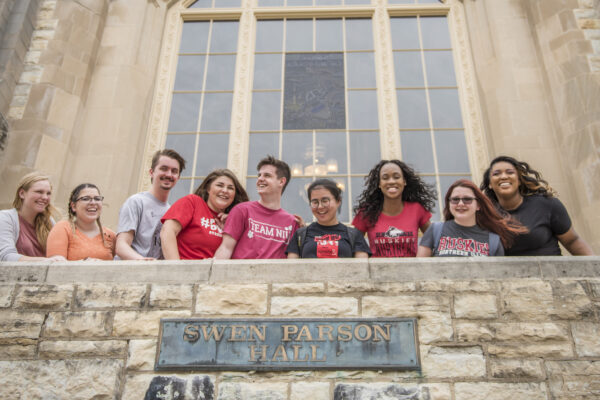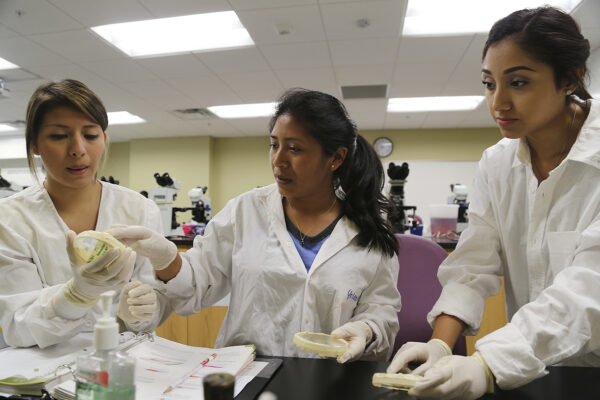EAB Survey Reveals Key Satisfaction and Opt-Out Factors for First-Year Students
Title: Adapting Your Enrollment Experience for Today’s Students: Insights from EAB’s Survey of 12,500+ First-Year College Students
Source: EAB
Authors: Lizzy Donaher, Michael Koppenheffer, Pamela Kiecker Royall, Anne Dodson, and Marquan Hamilton
EAB surveyed over 12,000 first-year college students to understand their satisfaction, opt-out reasons, and behaviors and preferences across different demographics during their first college term. The results could help colleges adjust their recruitment strategies for changing demands.
Key findings are summarized below:
College satisfaction varies among student demographics
There was an increase in overall satisfaction during the first year of college, with sense of belonging being a top factor. Higher-income and white students reported greater satisfaction compared to their lower-income peers and students of color, with Black students experiencing the lowest satisfaction. Additionally, about one-third of first-year students felt targeted, criticized, or excluded based on their identity, with certain identities facing these negative experiences more frequently.
To enhance student satisfaction, the report recommends that colleges include support services in marketing materials and showcase a diverse range of student voices in these promotions.
Challenges from the pandemic persist
Students continue to face issues such as mental health challenges and reduced academic preparedness, which vary across demographics. Students from historically underrepresented groups often feel less prepared compared to their peers.
The report emphasizes the importance of acknowledging the impact of mental health and academic preparation on enrollment and suggests marketing the mental health services offered on campus in promotional materials.
Affordability concerns are intensifying
Rising costs and mental health issues are leading reasons why students decide to opt out from college. For those attending four-year institutions, location is the primary factor in choosing a school, but financial concerns are also significant. To address affordability concerns, the report recommends colleges focus on recruiting efforts including reengaging prospects post-high school, promoting on-campus support services, and emphasizing college values.
In-person recruitment has largely resumed
Preferences for in-person communication methods such as campus visits, interactions with peers and high school counselors, and college fairs have returned to pre-COVID levels. Meanwhile, the use of virtual tours during the application stage has also increased. The report encourages colleges to employ multiple communication channels to engage both students and parents.
Added support services boost historically underrepresented students
Independent research resources and specific college websites remain crucial for students’ enrollment decisions, ranking just behind campus visits in usefulness. First-generation college students particularly benefit from direct outreach like emails and personal letters from colleges, and they often rely on high school counselors and teachers as parental surrogates for guidance. Also, implementing pre-populated applications with contact information can help overcome barriers for these underrepresented students.
The report advises colleges to maintain traditional outreach methods like emails and personal letters, while working to minimize barriers in the application process.
Click here to read the full report.
—Nguyen DH Nguyen
If you have any questions or comments about this blog post, please contact us.


